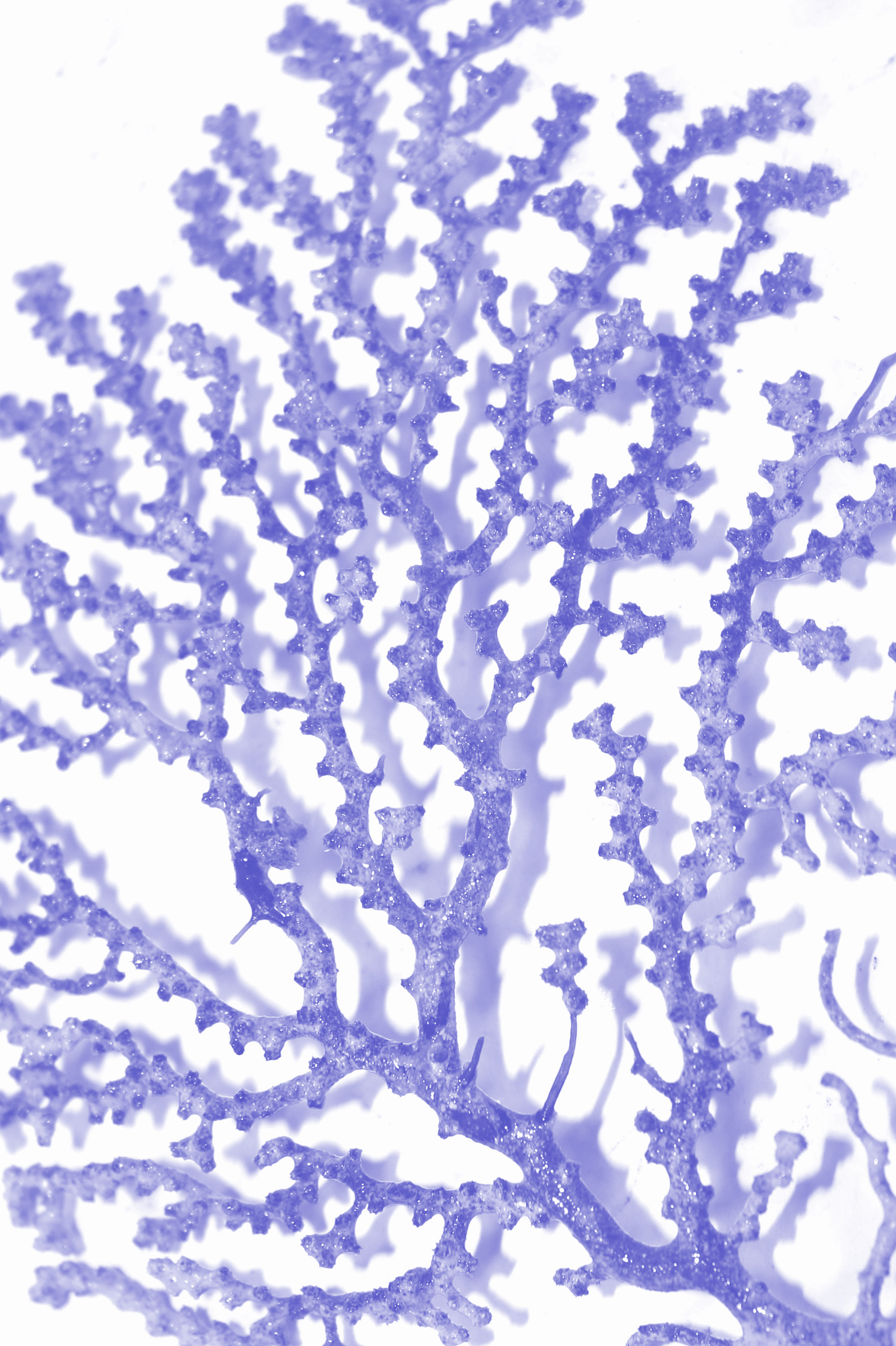Light shed on darkest corals
 Deep sea scientists say coral should be a conservation priority.
Deep sea scientists say coral should be a conservation priority.
A survey of more than 100 of the world’s leading deep-sea biologists has identified key areas on which future conservation and management strategies should be focused.
The deep sea is the largest, but least explored, biome on Earth. It is home to many ecologically rare, unique and unknown species that are increasingly under multiple threats from industrial deep-sea mining, deep-sea fishing, climate change and plastic pollution.
Researchers recently sent a questionnaire-based survey to deep-sea scientists from around the world. They analysed responses from 112 scientists in order to create an expert-led list of priorities covering all aspects of deep-sea conservation.
The results of the survey indicated that habitat-forming species such as corals were considered most important for conservation efforts.
Large and medium-bodied organisms were considered the top priority for biodiversity monitoring in deep-sea habitats.
Other important factors for monitoring the deep-sea environment include habitat degradation and recovery as a measure of ecosystem health, and classification of the food-web structure of deep-sea communities to monitor the functioning of whole ecosystems.
Identifying shifts in the depth ranges of different species was also a priority for monitoring responses to climate change.








 Print
Print